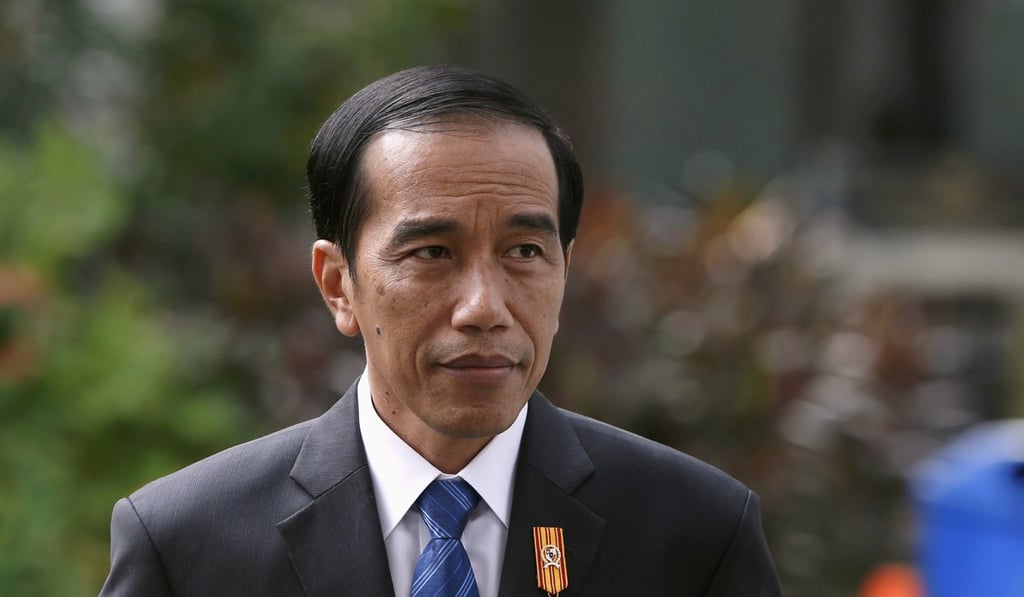Would moving Indonesia’s capital work?
Experts say relocating the seat of government will not solve Jakarta’s overpopulation problem, as many people might not want to leave

The Indonesian government has announced that it will prepare to move the capital of Jakarta starting in 2018, experts say that at the very least, the idea needs more time to work out the kinks.
The plan is for a new administrative capital to then be built in three to four years, though its new location is not yet clear. Jakarta will remain the business and financial capital of the country. The minister previously stated that the new capital will have to be off the island of Java, to alleviate overcrowding. It would most likely be somewhere on the less populated island of Borneo.

Of Indonesia’s 265 million people, Jakarta had 10 million inhabitants as of 2016 and a population growth rate of 3.7 per cent a year. Some experts believe that it could reach 16 million people by 2020.
The government’s goal is to move its bureaucracy to alleviate traffic and overpopulation in Indonesia’s largest city. Jakarta is an old city with an infrastructure seemingly unable to cope with its rapidly expanding population. Streets jammed with cars and motorbikes are a day-to-day problem, due to its limited public transportation.